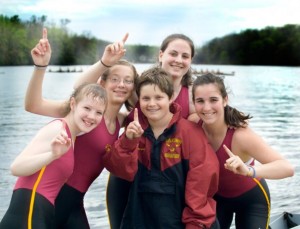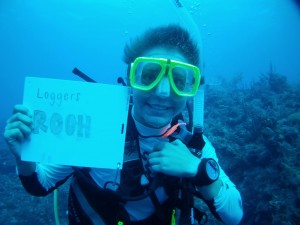Long story short, the ENGL497 students (shameless plug, I’m one of them) are doing poster presentations about their internships on Tuesday the 28th in Trimble Forum, 5:30-6:30. Yes, there will be snacks. The snacks were, in fact, an important conversation topic in one of our classes a couple weeks ago.
Why does this matter to you non-English majors? Dude, a bunch of Puget Sound students got internships plus class credit for them. Is this not a thing about which you want to find out more?
On a broader note, though, I think (in my extremely unbiased opinion) that these will be cool and interesting and relevant and applicable to your future job search and money-earning potential because there’s a really wide range of internships. All of them relate in some way to writing, because this is an English credit about which we’re talking, but still – the variety of things into which an English degree can translate is at least a slap in the face for any non-humanities majors who like to make fun of us. Jokes on them, though, because one of the themes of our class discussions was the ways in which good writing is a part of every job. What “good writing” is, exactly, varies, but the point is that writing’s everywhere so you might as well get used to it.
So you really should consider it in your best interest to come to our event next Tuesday. Because even you hard scientists are going to find yourself in need of a grant someday (let’s be real, sooner rather than later). Or you business majors are going to want to learn about managing an organization’s social media image. Or you math majors… well, you just keep on doing your thing. Maybe you’ll do the budgets for the grants or something. I don’t know; come eat our mini quiches.


